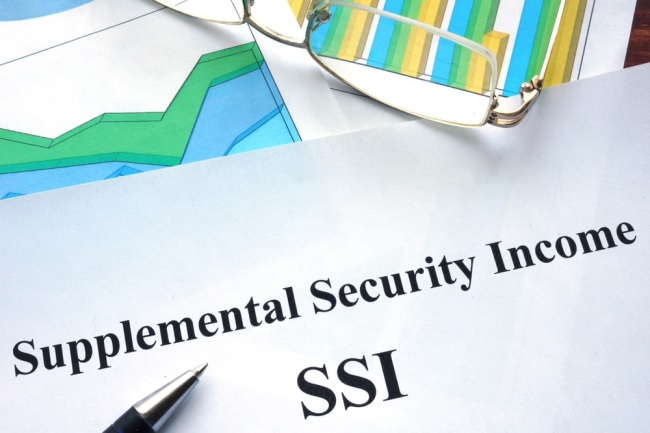
You’ll be happy to know that there are dozens of different financial assistance programs and government benefits that may be able to help you with your everyday costs.
To locate these types of programs, your best resource is BenefitsCheckUp.org. This is a free, confidential online screening tool designed for older adults and people with disabilities. It will help you find federal, state and local benefits programs that can assist with paying for food, utilities, health care, medications, housing and many other needs. This site – created by the National Council on Aging in 2001 – contains nearly 2,000 programs across the country.
To identify benefits, you’ll first need to type in your ZIP code and choose the types of benefits you’re interested in. Then you’ll need to answer a few questions regarding your personal and financial situation. Once completed, you’ll get a list of programs to choose from, followed by a personalized report that explains each program, and tells you where you can get help or how to apply. If you need some assistance or you don’t have internet access, you can always speak with a benefits support specialist by calling 800-794-6559.
Types of Benefits
Depending on your income level, location and circumstance, here are a few of the many different benefits you may be eligible for:
Nutrition assistance: Programs like the Supplemental Nutrition Assistance Program (SNAP) can help pay for food at the grocery store. The average SNAP benefit for 60-and-older households is around $105 per month. Some other nutrition programs that are available to seniors include the Senior Farmers Market Nutrition Program and the Commodity Supplemental Food Program.
Utility assistance: There’s the Low-Income Home Energy Assistance Program (LIHEAP) that helps in lowering home heating and cooling costs. And for broadband assistance, the Affordable Connectivity Program provides a $30 monthly subsidy that can be applied toward your home internet costs.
Health care and medicine: Medicare Savings Programs and Medicaid can help or completely pay for seniors’ out-of-pocket health care costs. And for assistance with medications, there’s a low-income subsidy program called ‘Extra Help’ that helps pay premiums, deductibles, and co-payments on Medicare (Part D) prescription drug coverage. You can also search for prescription drug help through patient assistance programs or your state pharmaceutical assistance program at Medicare.gov.
Supplemental Security Income (SSI):Administered by the Social Security Administration, SSI (see ssa.gov/ssi) provides monthly payments to very low-income seniors, age 65 and older, as well as to those who are blind and disabled. In 2023, SSI pays up to $914 per month for a single person and up to $1,371 for couples.
In addition to these benefits, there are dozens of other programs BenefitsCheckUp can help you identify, like housing assistance, property tax reduction, home weatherization assistance, tax relief, veteran’s benefits, senior transportation, caregiving support, free legal assistance, disability services, job training and more.
Jim Miller publishes the Savvy Senior, a nationally syndicated column that offers advice for Boomers and Seniors.
Related Articles & Free Vermont Maturity Subscription

Can I Collect Social Security from My Ex-Spouse?
How Older Adults Can Protect Themselves from Cybercrimes
How to Handle Social Security Benefits When a Loved One Dies





Comment here